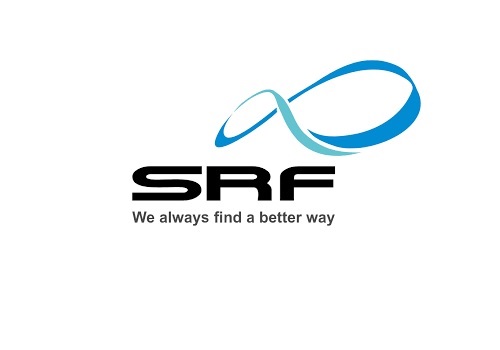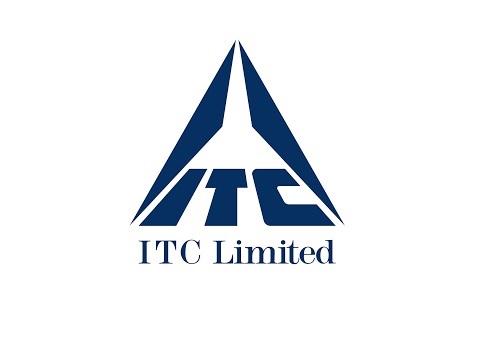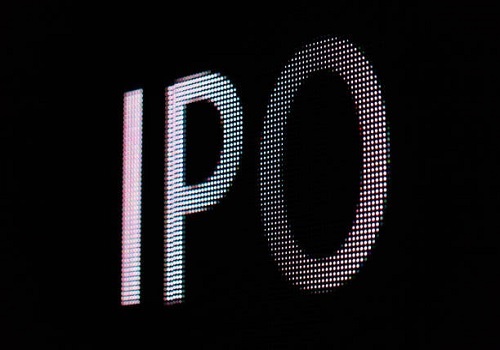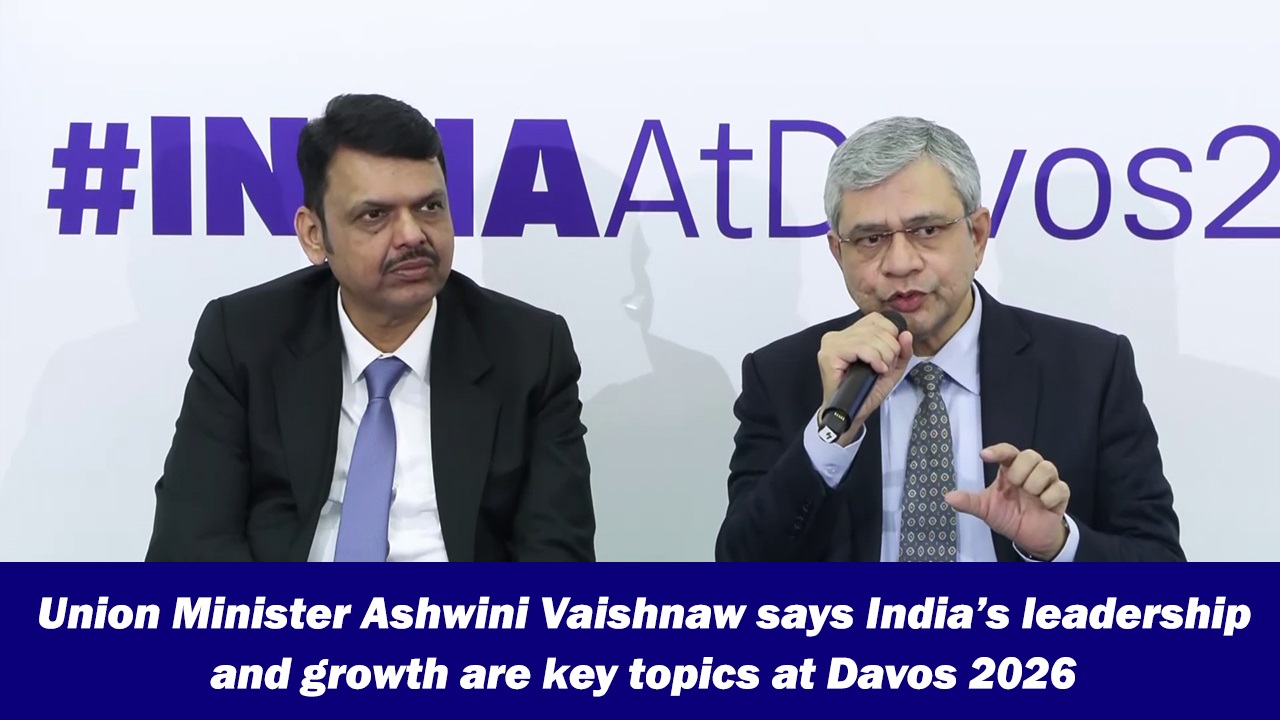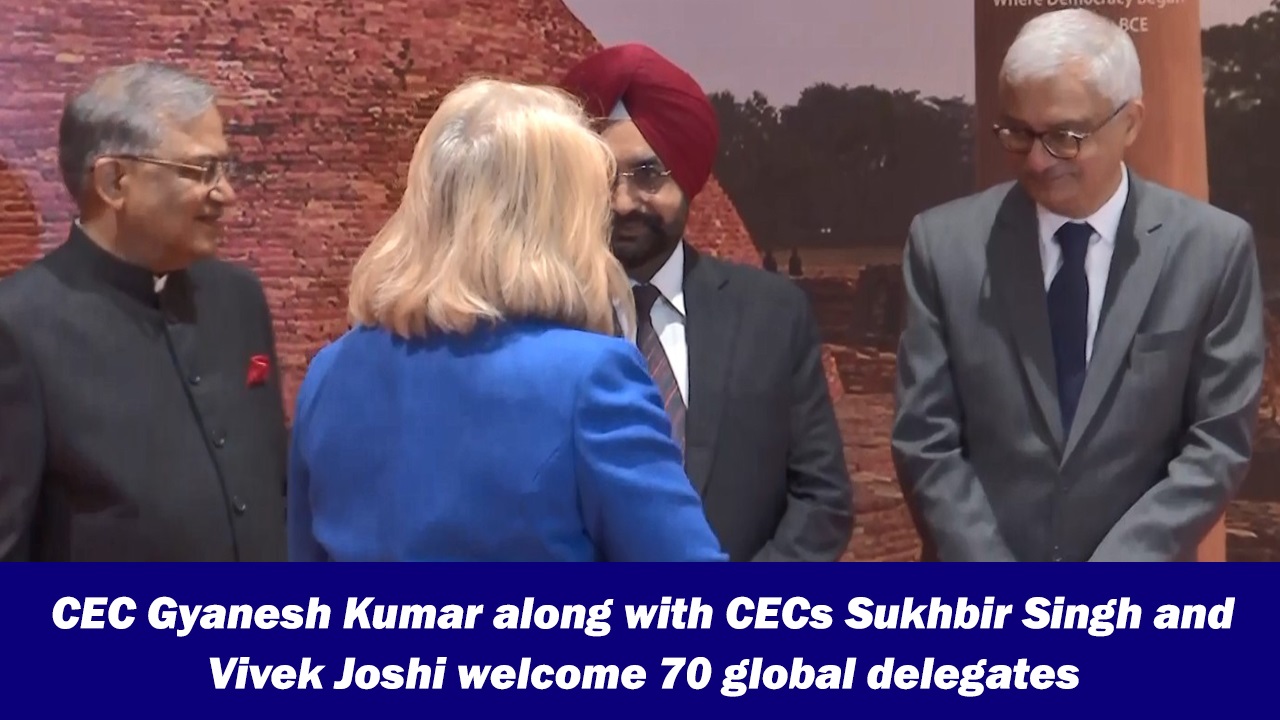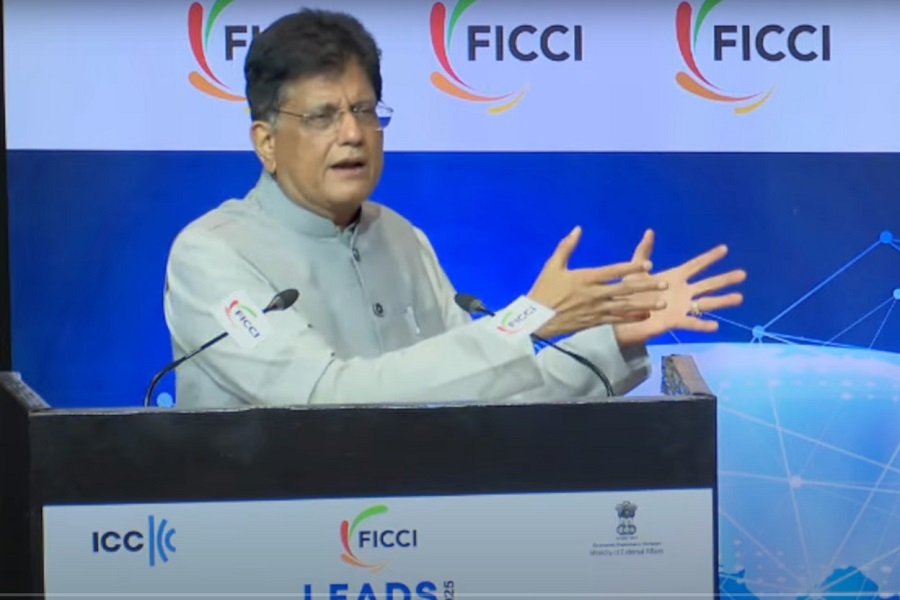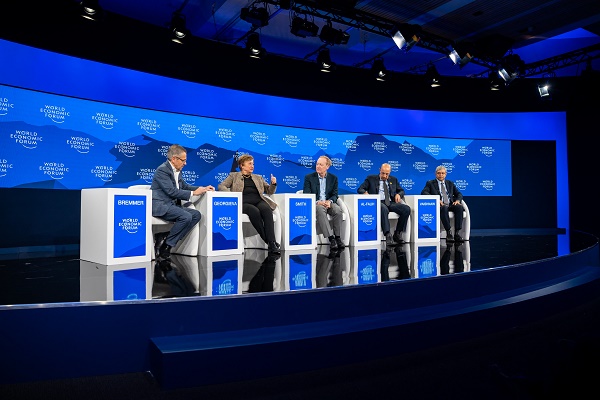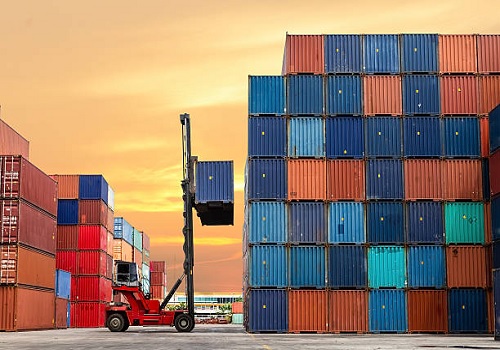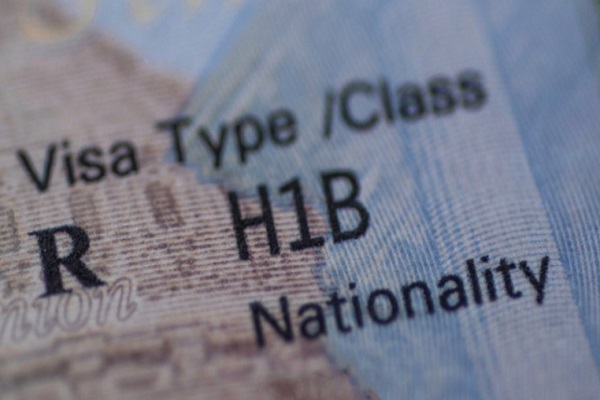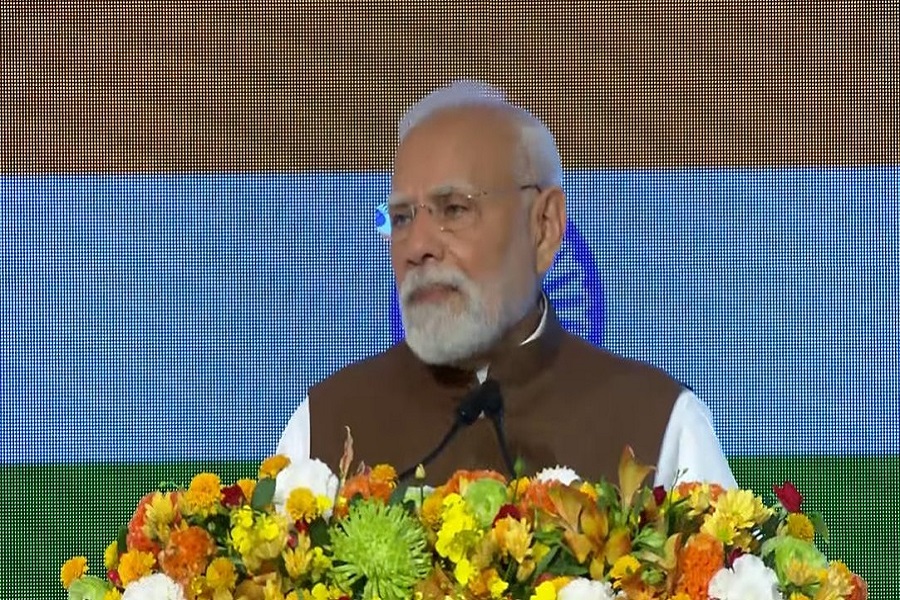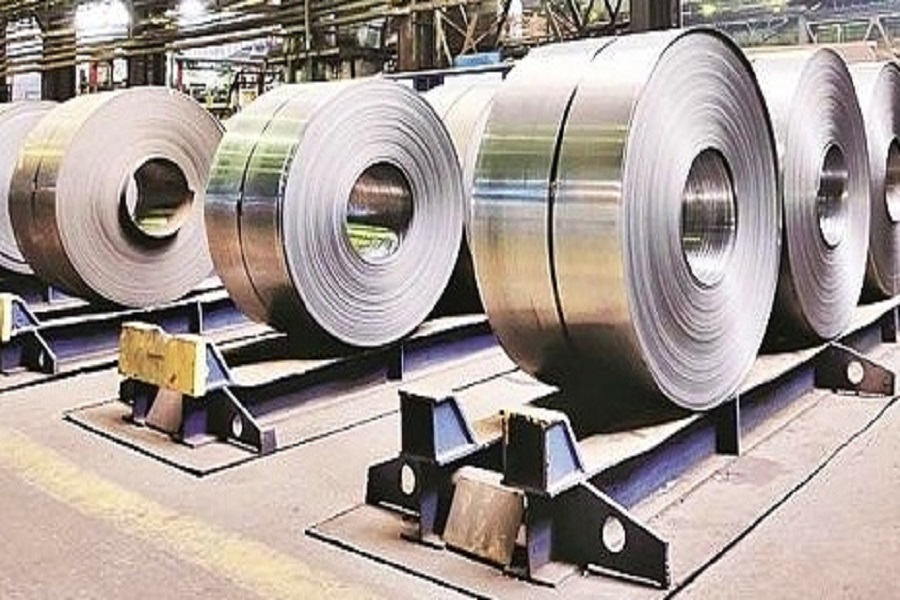South Korea to speed up follow-up negotiations on trade deal with US

South Korea will speed up talks with the United States to reach a deal on the specifics of the framework trade agreement struck between the two nations in late July to help create a fair competing ground in the US for the Korean automobile industry, trade ministry officials said on Friday.
Earlier in the day, U.S. President Donald Trump signed an executive order to officially implement a trade deal with Japan, under which his administration will apply a lowered tariff rate of 15 percent on Japanese cars, reports Yonhap news agency.
The signing brewed concerns for Korean carmakers as the Seoul government is still in talks with the Trump administration to narrow their differences on the details of the bilateral framework trade deal reached on July 30, in which Washington agreed to lower tariffs on Korean vehicles to 15 percent from the current 25 percent.
"We will closely study the details of the trade agreement between the U.S. and Japan, while engaging in thorough and substantive discussions with the U.S. to safeguard national interests, as well as those of private industries," an official at the Ministry of Trade, Industry and Energy said. "We understand the concerns of the automobile industry."
Seoul and Washington are reportedly trying to bridge their differences over the specifics of the $350 billion investment package proposed by South Korea in exchange for tariff cuts.
Seoul officials have said the planned investment will mostly comprise loans and guarantees, while the U.S. is said to be demanding more direct investment.
Meanwhile, the signing came as Washington and Tokyo engaged in follow-up talks to bridge their differences over specifics of a framework trade agreement that was announced on July 22, days before South Korea and the United States reached their deal.
According to the order, the U.S. will lower tariffs on Japanese automobiles and parts to 15 percent from the current 27.5 percent -- the rate that comprises the existing 2.5 percent tariff and the global sector-specific duty of 25 percent.
